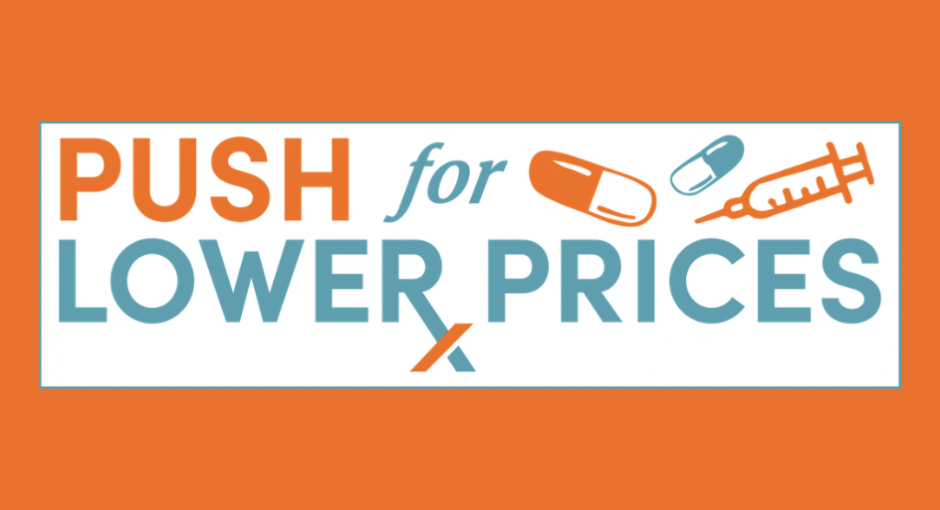More than 70 groups representing patients, healthcare professionals, consumers, retirees, employers, and unions launched a campaign this morning to get comprehensive Democratic drug pricing legislation signed into law by Memorial Day.
It is premature to guess how the final version of any such legislation would affect the 340B program.
A new umbrella organization calling itself Push for Lower Rx Prices scheduled an 11:00 a.m. press conference today on the East lawn of the U.S. Capitol to announce the push for the legislation. U.S. Sen. Amy Klobuchar (D-Minn.), one of the invited speakers, tweeted yesterday, “For many top prescription drugs, prices rose 5% in 2022. This cannot continue. Letting prices rapidly rise as Americans struggle to afford their medications? It’s unsustainable, and it’s time to put a stop to it.”
Push for Lower Rx Prices today also released new national survey results that it said demonstrate “overwhelming bipartisan voter support for comprehensive drug pricing reform.
Sixty seven percent of voters “want Congress to take action to lower prices set by drug companies, not just to reduce out-of-pocket costs,” the coalition of groups said the survey shows. “Nearly 80 percent know the pharmaceutical industry can live with slightly lower profits and still provide the true innovation patients need.”
There is a strong chance that the GOP will retake Congress in the November mid-term elections. If that occurs, Democratic drug pricing legislation that dates to the last session of Congress will die. Its backers know that their time is running out.
Last November the Democratic-controlled U.S. House passed a $3 trillion multi-purpose bill, the Build Back Better Act, that included letting the federal government negotiate prices for high-cost drugs under Medicare Parts B and D, new manufacturer rebates to the government when prices of drugs covered under Parts B and D rise faster than inflation, and limits on cost sharing for insulin.
The Build Back Better bill collapsed in the Senate amid Democratic infighting. Senate Democrats then talked about passing the bill’s insulin cost-sharing language before Congress began its two-week spring recess earlier this month. That didn’t happen.
Lawmakers’ spring break ended yesterday. The Senate still needs to pass a so-called budget reconciliation bill for this fiscal year. The groups in the Push for Lower Rx Prices coalition want the Senate “to advance a reconciliation package by Memorial Day that includes the comprehensive drug price provisions already passed by the House.”
“Organizations will be engaging in activities to push this legislation forward, such as by running digital and TV ads, driving constituent contact to Capitol Hill, elevating patient stories, and organizing grassroots activities on social media to press the Senate to take action,” the coalition said in a news release.
“The moment for action is now. After years of promises to lower the prices of prescription drugs, voters are demanding elected officials follow through and pass meaningful reforms to fix the U.S. drug pricing system,” said David Mitchell, founder of Patients for Affordable Drugs Now. “The House of Representatives has done its job by passing comprehensive reform, and the president has endorsed the package. It now falls to the Senate, through the reconciliation process, to enact the policies. The votes are there for this historic legislation, which will change the trajectory of drug prices in the United States and finally put patients first.”


